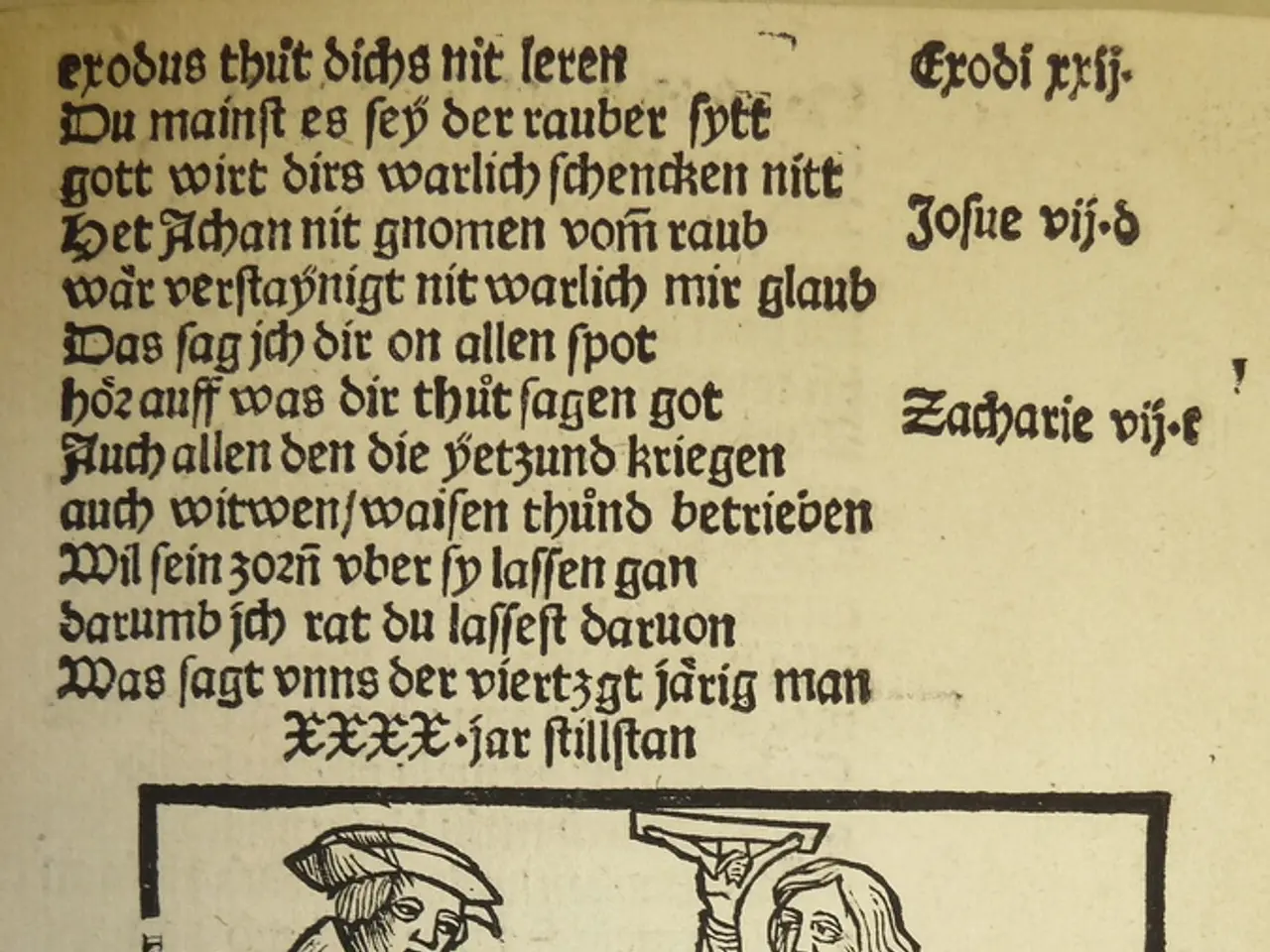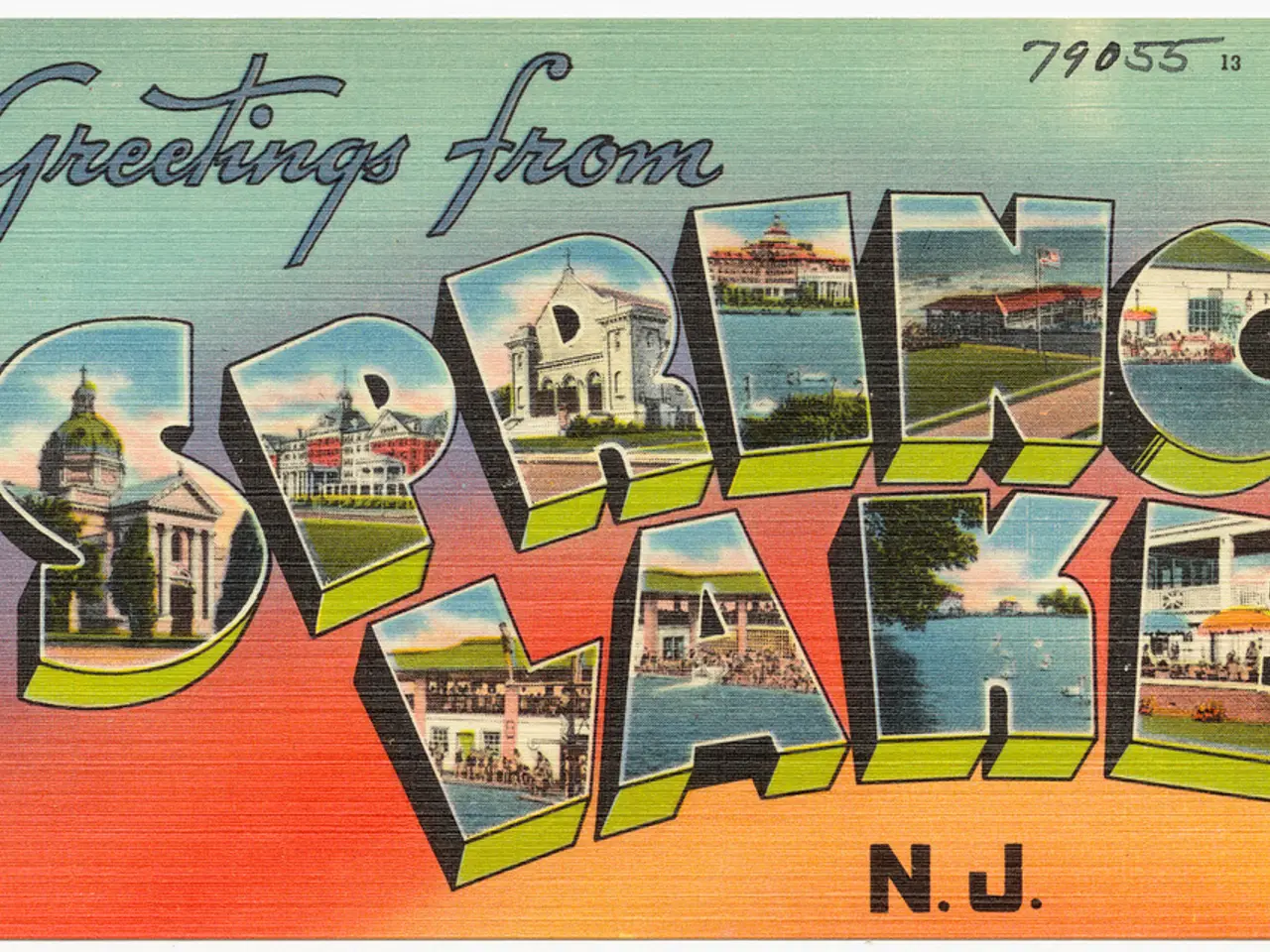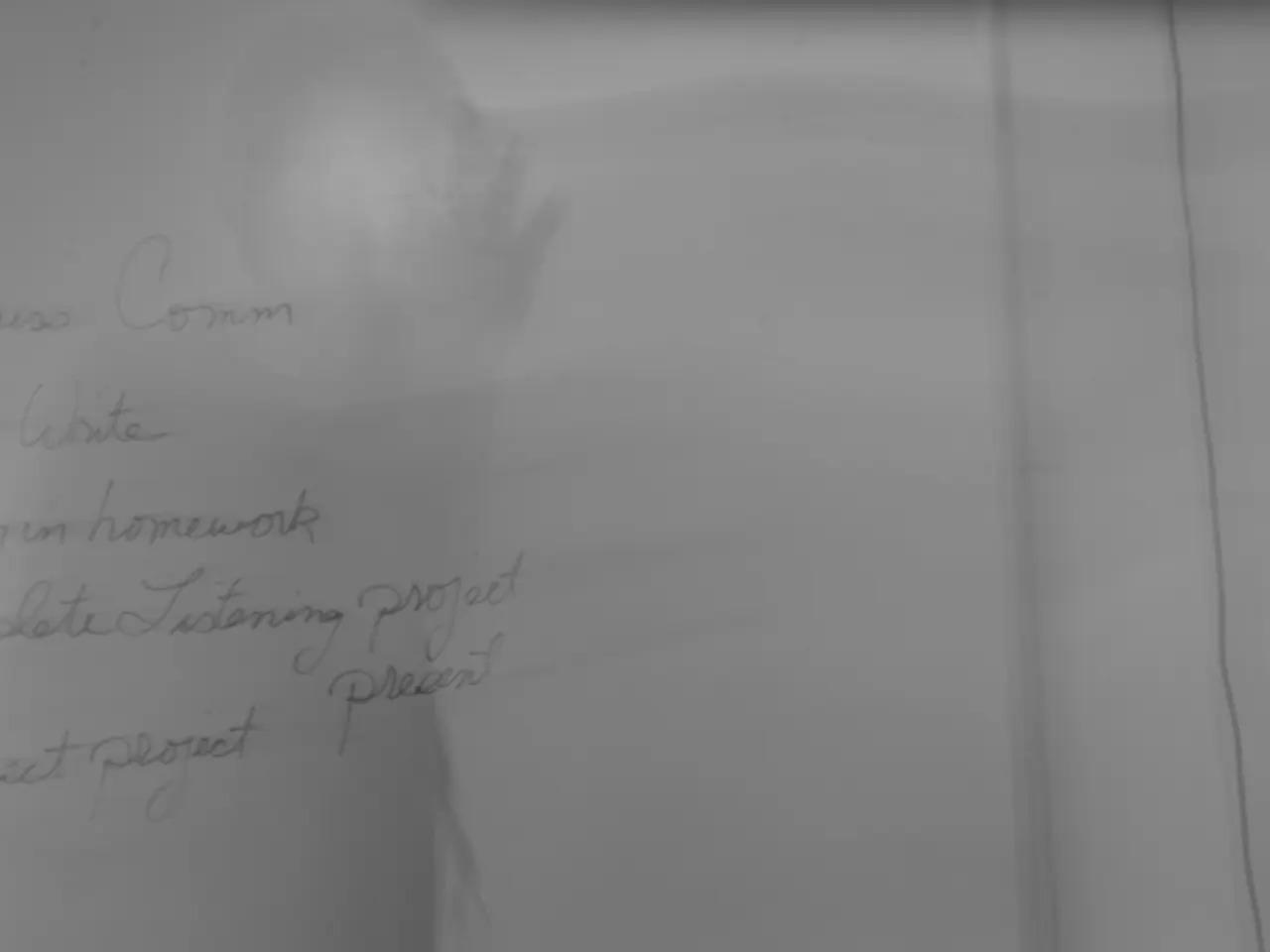Political Perspectives of Inclusion and Exclusion: The Alienation Dynamics in Politics, featuring Shikha Mukerjee as the key discussant.
In various parts of India, identity politics and the "othering" of minority communities have become significant challenges, affecting the fundamental rights to freedom of movement and settlement. This dynamic is particularly evident in states like Maharashtra, Assam, and Odisha, where ethnic, religious, caste, and linguistic identities intersect, leading to exclusion, discrimination, and conflict.
In Maharashtra, caste and linguistic divides have long played a role in local politics, with groups asserting control over resources and power. The rise of the BJP, with its national-populist agenda emphasizing Hindu unity, has not eradicated caste-based discrimination or upper-caste dominance within political and social institutions. This layered identity assertion often leads to the "othering" of Dalits and other marginalized communities, constraining their freedom of movement within urban and rural spaces through socio-political exclusion.
Assam's case is emblematic of the impact of ethnic nationalism on mobility and settlement. The controversy surrounding the National Register of Citizens (NRC) and citizenship debates has marginalized Bengali-speaking Muslims and other minorities, branding them as "outsiders" or "illegal immigrants." This has resulted in forced displacement, heightened surveillance, and restrictions on settlement for affected minority communities. The contentious politics around citizenship have fueled vigilante violence and created precarious conditions for free movement.
In Odisha, tribal and caste-based identity politics often lead to the "othering" of indigenous tribal communities from dominant caste groups and non-tribal settlers. Resistance to external settlers in tribal areas influences movement and settlement patterns, affecting access to land and resources. State policies sometimes fail to protect tribal rights effectively, exacerbating tensions over settlement and displacing vulnerable minority communities.
These identity conflicts are connected to India's reluctance to recognize caste and related discriminations as international human rights concerns, framing them instead as internal social matters to deflect international intervention. The conflation of religion, caste, and ethnicity in political discourse often deepens divisions, encouraging exclusionary practices.
Moreover, identity politics tends to fragment social cohesion rather than fostering inclusive democratic participation, complicating freedom of movement and settlement for minorities. The emphasis on religion or ethnicity as a primary political mobilizer can obscure class-based solidarity and compound the marginalization of already vulnerable groups.
These issues highlight the need for more inclusive governance that respects diversity and protects minority rights. The logic of linguistic discrimination, if applied to other parts of India, could lead to the marginalization of Bengali-speakers settled by the Centre, state governments, or previous governments. The Constitution's freedom of movement and residence in any part of India has become politically and socially significant, and its safeguarding is crucial for maintaining a harmonious and inclusive society.
In Maharashtra, the intersection of politics and identity divides, such as caste and linguistics, exacerbates discrimination against Dalits and marginalized communities, fueling their social and political exclusion. The contentious political landscape in Assam, marked by ethnic nationalism, has created precarious conditions for Bengali-speaking Muslims and other minorities, restricting their freedom of movement and settlement through forced displacement and heightened surveillance.







